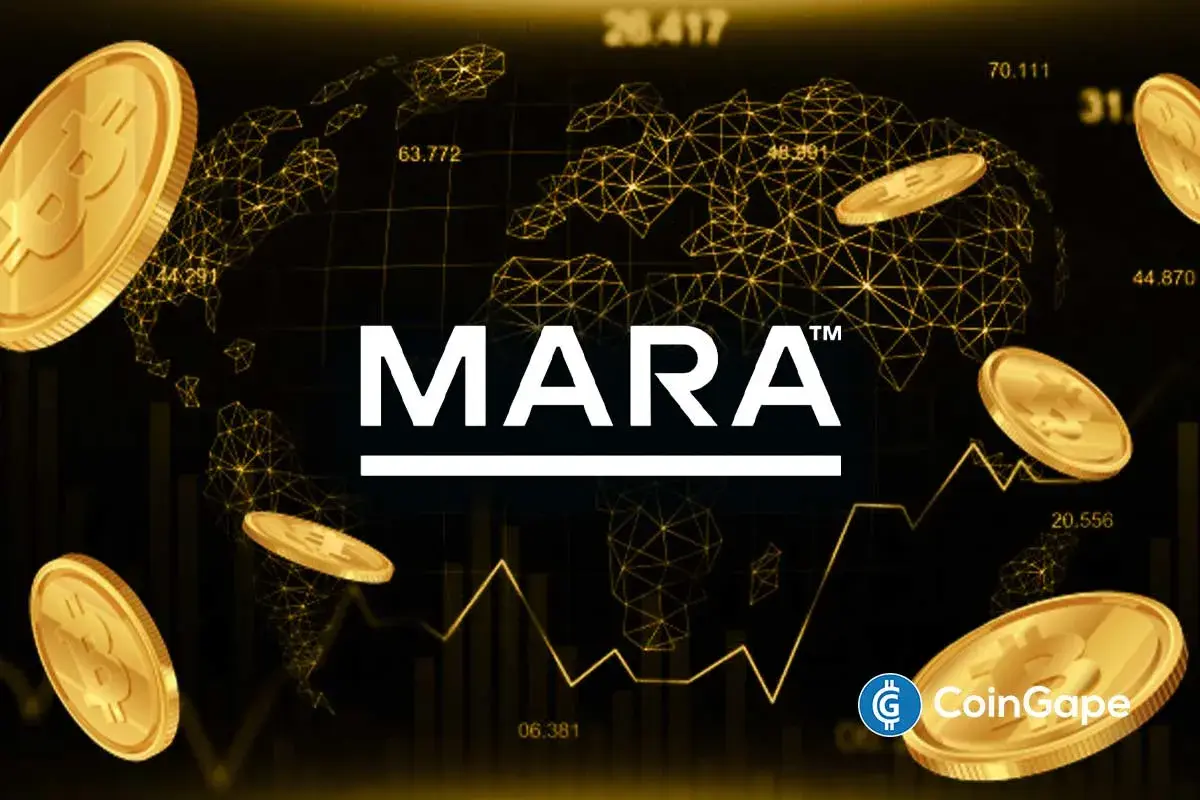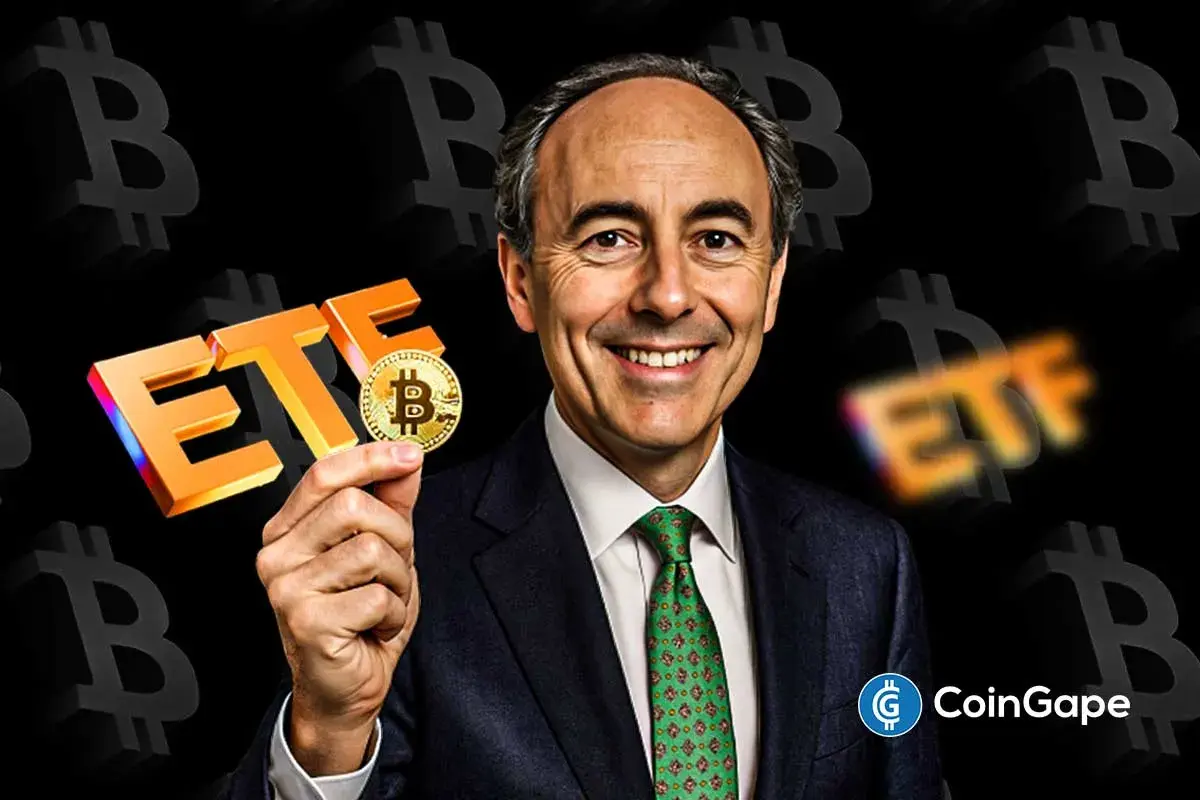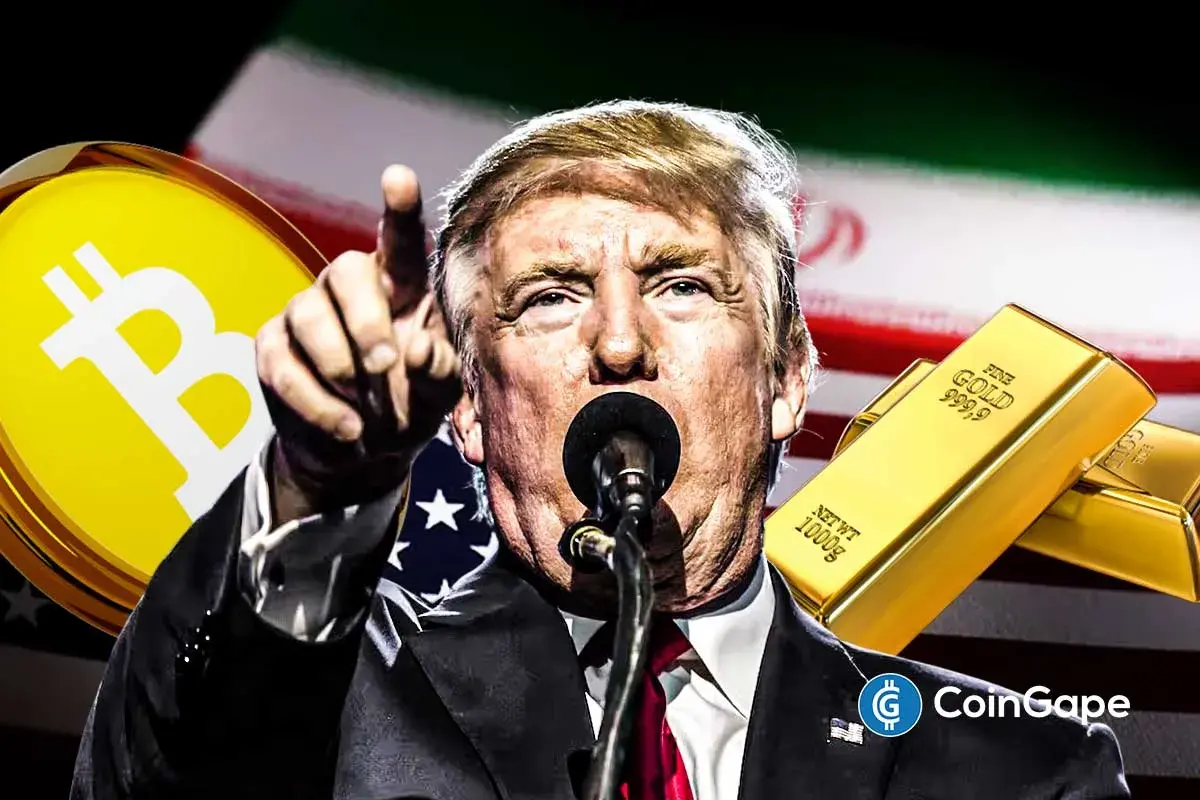South Korea To Unveil Stringent Rules for Digital Assets, Here’s All

Highlights
- South Korea introduces the Korean Virtual Asset User Protection Act targeting NFTs.
- Stricter regulations mandate reporting for NFTs classified as virtual assets.
- Operators must comply with reporting obligations or face criminal penalties.
The impending enactment of the Korean Virtual Asset User Protection Act heralds a significant shift in regulatory oversight within South Korea’s digital asset landscape. This legislation aims to impose stringent regulations on companies engaged in issuing non-fungible tokens (NFTs) classified as virtual assets.
Specifically targeting NFTs with characteristics such as extensive issuance, divisibility, and utility as a means of payment, the act seeks to enhance oversight and protection in the burgeoning NFT market. By mandating businesses to report their operations to regulatory authorities, the legislation aims to foster greater transparency and regulatory compliance among entities involved in digital asset transactions.
Detailed Guidelines and Implementation of the Act
The enactment of the Virtual Asset User Protection Act on July 19 will usher in a new era of regulatory clarity surrounding non-fungible tokens (NFTs) within South Korea. The Financial Services Commission recently released comprehensive guidelines delineating the criteria for classifying NFTs as virtual assets.
While NFTs traded for content collection purposes are excluded from the purview of virtual assets, those exhibiting characteristics of securities or serving as a means of payment fall under regulatory scrutiny. The guidelines stipulate various parameters, including the scale of issuance, divisibility, and utility in transactions, to determine the virtual asset status of NFTs. Moreover, the act mandates operators issuing NFTs meeting virtual asset criteria to report their activities to regulatory authorities, ensuring compliance with the regulatory framework.
Also Read: Solana Set For v1.18.15 Mainnet Upgrade, SOL Price Rally to $250 Ahead?
Compliance and Reporting Obligations for NFT Operators
With the issuance of comprehensive guidelines, operators engaged in the distribution and handling of NFTs face a pivotal moment in regulatory compliance. The first step involves a thorough assessment to ascertain whether the NFTs in question meet the criteria for classification as virtual assets.
Should an NFT fall under this designation, operators must scrutinize their business activities to determine if they encompass trading, exchange, transfer, storage, brokerage, or mediation of NFT transactions, as outlined in the Specific Financial Information Act. Failure to report such activities as virtual asset operations can incur criminal penalties. Operators encountering ambiguity regarding the classification of NFTs are encouraged to seek guidance from financial authorities, with forthcoming examples elucidating judgment criteria for individual cases.
Also Read: Wintermute Moves $12M ARB To Binance, Here’s Why?
Play 10,000+ Casino Games at BC Game with Ease
- Instant Deposits And Withdrawals
- Crypto Casino And Sports Betting
- Exclusive Bonuses And Rewards

- U.S.–Iran War: Bitcoin Price Extends Decline as Oil Prices Surge To Two-Year High
- Bitcoin Treasury Firm MARA Considers Selling BTC Reserves After Policy Update
- Cardano Founder Warns Over CLARITY Act, Cites Lack of Protection for DeFi, Stablecoins, Prediction Markets
- Core Scientific Sells 1,900 BTC as Bitcoin Miner Pivots to AI, CORZ Stock Dips
- Bitcoin News: VanEck CEO Projects Gradual BTC Rally in 2026 as ETFs Sees $458M Inflows
- Circle Stock Price Climbs 15% to $96, Can Rally Continue in March 2026?
- Bitcoin Price Prediction as US-Iran War Enters 4th Consecutive Day
- Top 5 Historical Reasons Dogecoin Price Is Not Rising
- Pi Coin Price Prediction for March 2026 Amid Network Upgrade, KYC Boost, Rewards Distribution
- Gold Price Nears ATH; Silver Eyes $100 Breakout on Us- Iran War
- Bitcoin And XRP Price As US Kills Iran Supreme Leader- Is A Crypto Crash Ahead?

 Buy $GGs
Buy $GGs

















